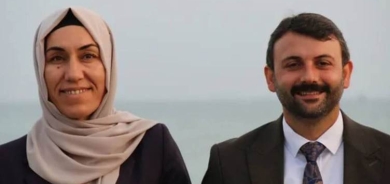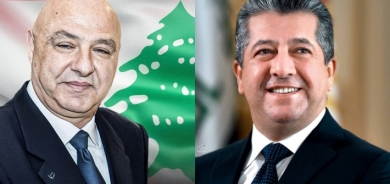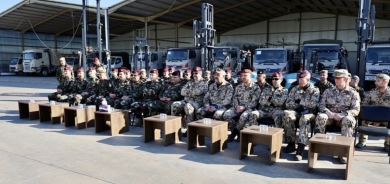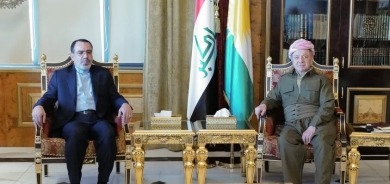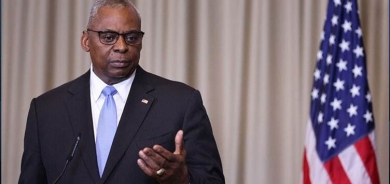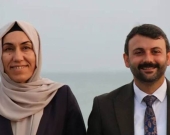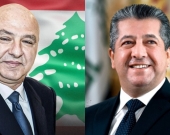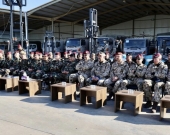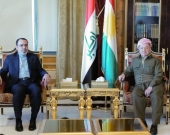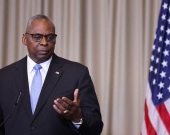Iraq buys U.S. drones to protect oil

"They understand the importance of the mission to protect its oil platforms," said Army Lt. Gen. Robert Caslen, who heads the U.S. Office of Security Cooperation-Iraq.
The office, which operates out of the U.S. Embassy and manages U.S. military sales programs in Iraq, confirmed the sale of drones but declined to say the model or number of drones that are part of the contract.
The drones will allow Iraq's military to keep a continuous watch over its oil terminals within Iraqi territorial waters of the Persian Gulf, where a significant portion of the world's oil originates and which Iran has occasionally threatened to blockade.
The sales of drones and other U.S. military equipment are viewed by the United States as a way to maintain deep ties with Iraq after the departure of American troops in December. The sales "helps facilitate that strategic relationship," Caslen said.
Iraq already said it is buying more than $15 billion worth of U.S. military hardware, including 36 F-16 fighter planes, M-1 tanks and armored personnel carriers, insisting the weapons are for defensive purposes.
"Iraq should have the ability to protect itself against outside aggression," said Ali al-Moussawi, an adviser to Prime Minister Nouri al-Maliki.
Iraq is particularly concerned about the security of its oil facilities. The bulk of Iraq's exports move through a handful of terminals on Iraq's narrow Persian Gulf coast, making its exports vulnerable to attack from other countries or terrorists.
As a major oil producer, Iraq could balance Western worries about Iran's threats to cut off oil shipments to some European countries that import Iranian oil. Iraq said it is not worried about whether Iran views Iraq's progress as a threat.
"Whether Iran has concerns or not, we're OK with that," al-Moussawi said. "This is in our interest."
Iraqi and U.S. officials say Iraq has made remarkable progress in developing its energy industry since the time of the 2003 U.S.-led invasion.
"This is one of the biggest energy stories in the world today," said James Jeffrey, the U.S. ambassador to Iraq.
Iraq has boosted oil production to 3 million barrels per day, up from about 2.5 million before the invasion. In six years, Iraq expects to be producing 10 million barrels a day, according to Iraq's deputy prime minister for energy, Hussain al-Shahristani.
"We'd like Iraq to be considered as a dependable long-term supplier of world energy needs," al-Shahristani said.
Source: http://www.usatoday.com


